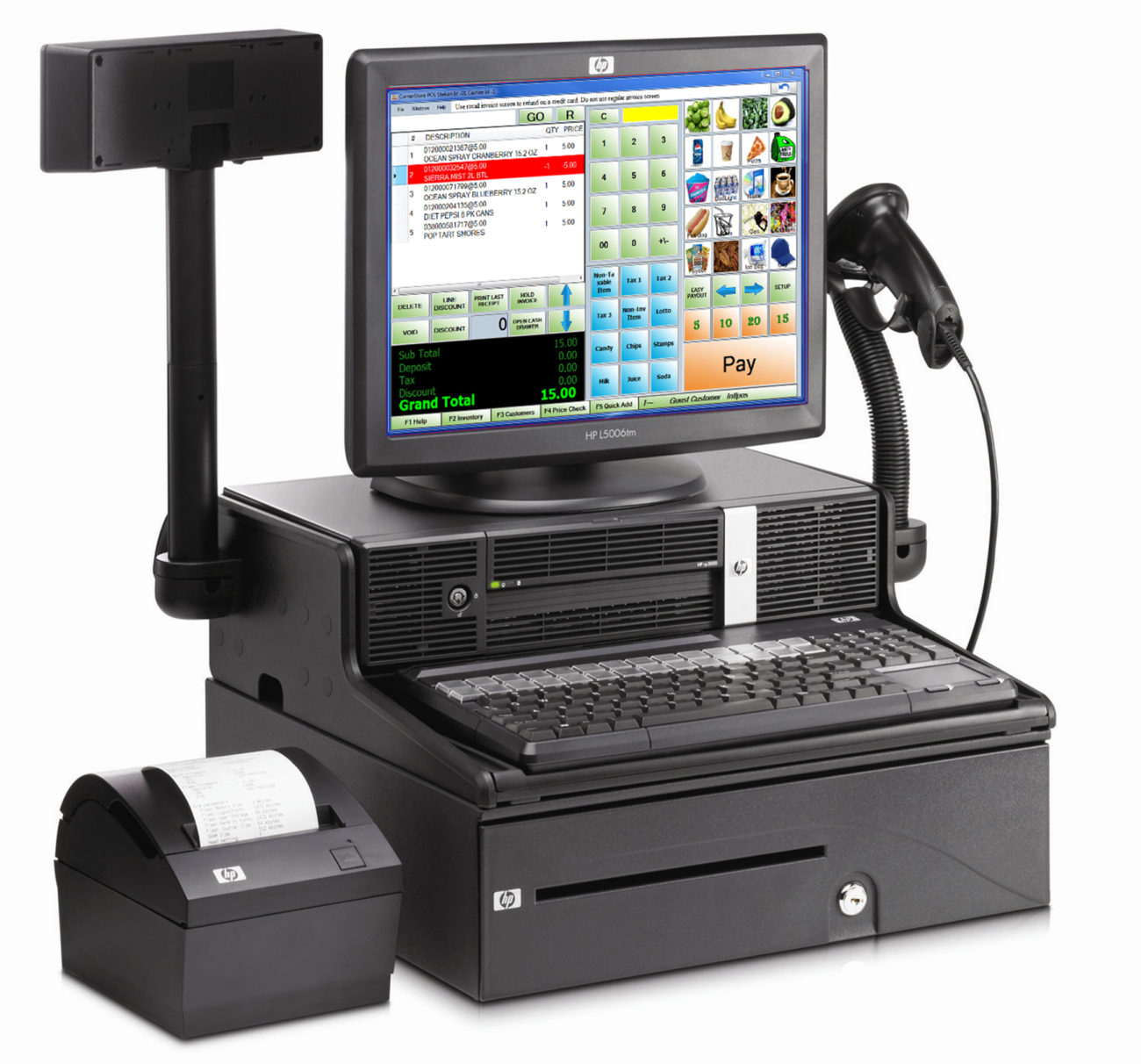In our fast-paced business environment, employing an effective point of sale (POS) system is essential. A state-of-the-art POS system is more than just a tool for processing transactions; it’s a integrated solution that can enhance customer loyalty programs and drive business growth. As technology continues to evolve, businesses can harness advanced features offered by these systems to create personalized experiences for their customers, ultimately fostering loyalty and increasing retention rates.
Understanding what a POS system truly encompasses is important for any business looking to thrive. From conventional cash registers to novel cloud-based solutions, the evolution of POS technology has unlocked a world of possibilities for businesses across diverse industries. Whether you are operating a restaurant, retail shop, or an e-commerce store, adopting the suitable POS system can optimize operations, enhance customer interactions, and deliver valuable insights through analytics. In this article, we will explore how integrating high-tech POS systems can enhance your loyalty programs and enhance the overall customer experience.
Guide to POS Systems and Their Significance
Sales systems have changed the way businesses manage transactions and customer interactions. Initially illustrated by traditional cash registers, advanced POS systems now integrate sophisticated technology to provide a seamless experience for both retailers and customers. These systems not only support payments but also cover inventory management, customer relationship management, and data analytics, thereby establishing an essential backbone for businesses.
As businesses work to improve customer loyalty and experience, the significance of an effective POS system becomes increasingly crucial. A properly implemented POS system can optimize operations, reduce transaction times, and provide valuable understanding into customer behavior. This functionality is essential for businesses looking to respond to the rapidly shifting market demands and consumer preferences. By changing how businesses interact with customers, POS systems aid to enhancing satisfaction and cultivating loyalty.
Moreover, in an increasingly fierce landscape, having a sophisticated POS system can act as a distinguishing factor for businesses. With the integration of features such as mobile payments and contactless transactions, companies can fulfill the demands of technology-oriented consumers. As we explore the development of POS systems, it becomes apparent that these technologies not only support transactions but also play a critical role in shaping the overall customer experience and business success.
Essential Aspects and Data Insights of Contemporary POS Solutions
Modern POS solutions come equipped with an variety of features designed to enhance operations and improve customer experiences. One of the key features is stock management, allowing businesses to monitor stock levels in actual time, facilitate reordering processes, and gain insights into sales patterns. This capability is crucial for overseeing inventory effectively, reducing waste, and guaranteeing that highly sought items are constantly available for customers. Additionally, current POS solutions often integrate with e-commerce sites, enabling seamless sales tracking across multiple channels and enhancing complete business visibility.
Another important advantage of contemporary POS solutions is their advanced analytics capabilities. These systems collect and analyze data on transaction trends, customer preferences, and employee performance, enabling businesses to make smart decisions. With accessible dashboards, managers can easily recognize trends such as high sales times, popular products, and customer demographics, which can guide marketing strategies and company adjustments. This information-centric approach can cause improved customer targeting and higher conversion rates, finally driving profitability.
Moreover, current POS systems are designed with easy-to-use interfaces and mobile capabilities, making them reachable for a multifaceted workforce. Mobile POS options allow employees to execute transactions from any location in the store, enhancing customer service and reducing wait times. Additionally, the incorporation of customer relationship management (CRM) tools within POS solutions enables businesses to personalize interactions based on purchase history and preferences. This holistic view of customer data not only boosts loyalty programs but also fosters stronger relationships between businesses and their customers.
Safety, Compliance, and Maintenance for Point of Sale Systems

Ensuring the safety of a POS system is essential for any business managing sensitive customer data. Implementing measures such as encryption, protected networks, and regular software updates can considerably reduce the risk of data breaches. It is essential to train staff on best security practices, including identifying phishing attempts and protecting login credentials. Consistently auditing security processes and staying informed of developing threats can also help in maintaining a resilient security posture.
Compliance with regulations such as Payment Card Industry requirements is not just a legal obligation but also a essential aspect of protecting customer information. site here must ensure their POS systems are arranged to meet compliance requirements, which include following rigorous guidelines for handling, storing, and sending cardholder data. you can try these out to meet these standards can cause large fines and damage to brand image. Engaging in regular compliance assessments is crucial for identifying vulnerabilities and confirming adherence to legal requirements.
Consistent maintenance of POS systems is key to ensuring maximum performance and reliability. This includes refreshing software to fix security vulnerabilities, enhancing hardware to boost speed, and frequently checking for issues that could interrupt service. Creating a maintenance schedule can help stop unexpected downtime and keep the system operational. Moreover, having a well-trained support team ready to address common problems can enhance the efficiency of the POS system, ultimately benefiting both staff and customers.
